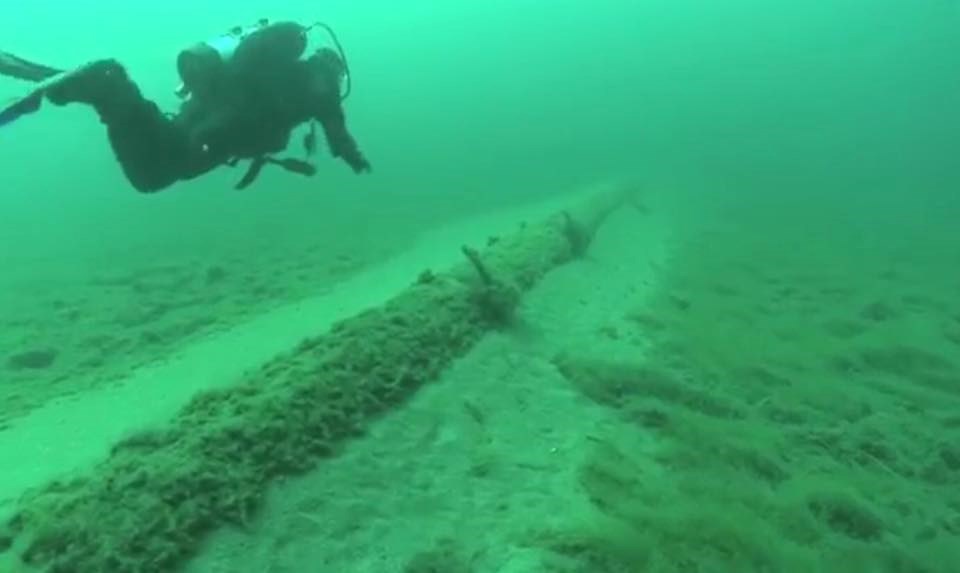An administrative law judge has granted four Michigan tribes the right to intervene in the permitting process for a segment of Enbridge’s Line 5 pipeline beneath the Straits of Mackinac.
Last week’s ruling gives the four tribes - Bay Mills Indian Community, Grand Traverse Band of Ottawa and Chippewa Indians, Little Traverse Bay Bands of Odawa Indians and Nottawaseppi Huron Band of the Potawatomi – a chance to intervene in the proceeding before the Michigan Public Service Commission, marking the first time tribal nations have been allowed to intervene before the commission.
According to a news release from Bay Mills Indian Community, the public service commission will determine whether or not Enbridge can construct a tunnel to house a portion of the Line 5 pipeline beneath the Straits of Mackinac.
Bay Mills maintains that the straits have spiritual and cultural significance for the community, and is deemed an important fisheries resource and source of freshwater.
"Enbridge's Line 5 pipeline puts our treaty rights and our way of life at risk every single day,” said Bay Mills Indian Community Tribal Chairman Bryan Newland via news release. “We are going to continue to fight to protect our rights, our waters, and our way of life."
According to a treaty resource guide from the Great Lakes Indian Fish and Wildlife Commission, three of tribes granted the right to intervene have treaty rights to fish the treaty area of the Great Lakes as a result of the Treaty of 1836.
The treaty rights – signed by Ottawa and Chippewa tribes of the upper Great Lakes – were later affirmed during the 1970’s in decisions handed down from both the Michigan Supreme Court and U.S. District Court.
